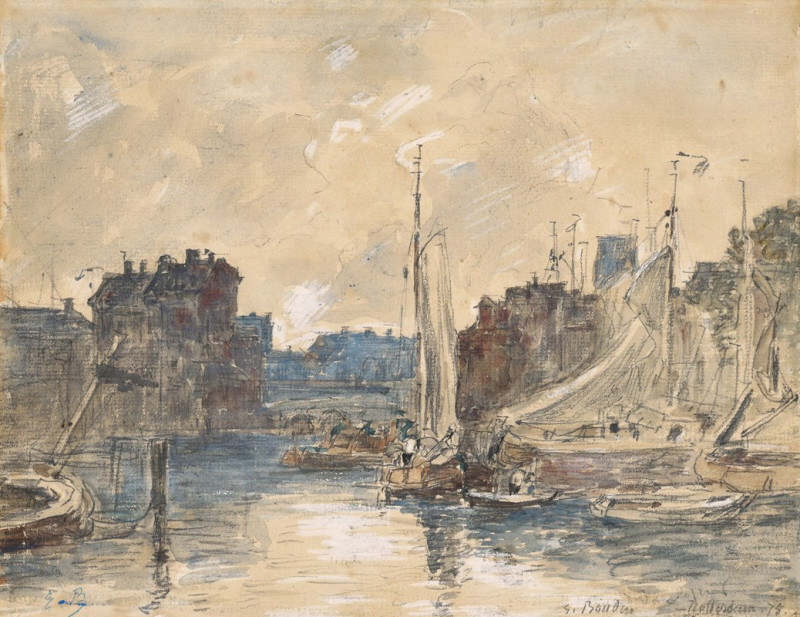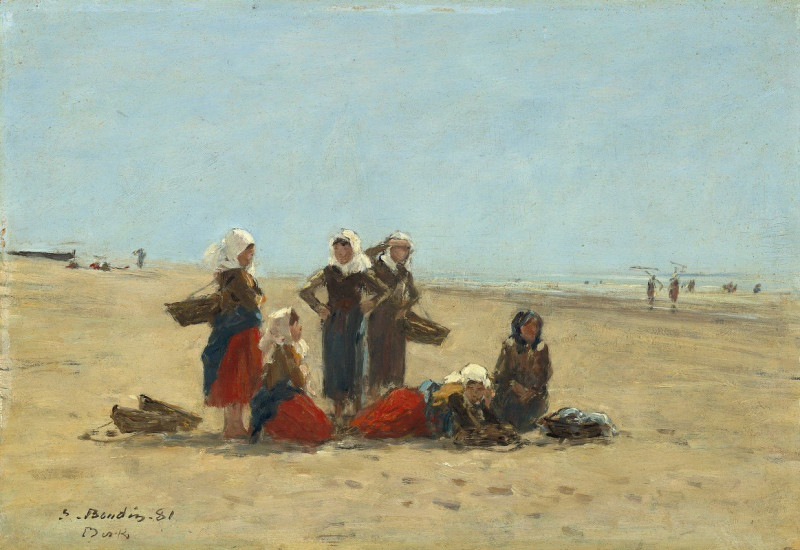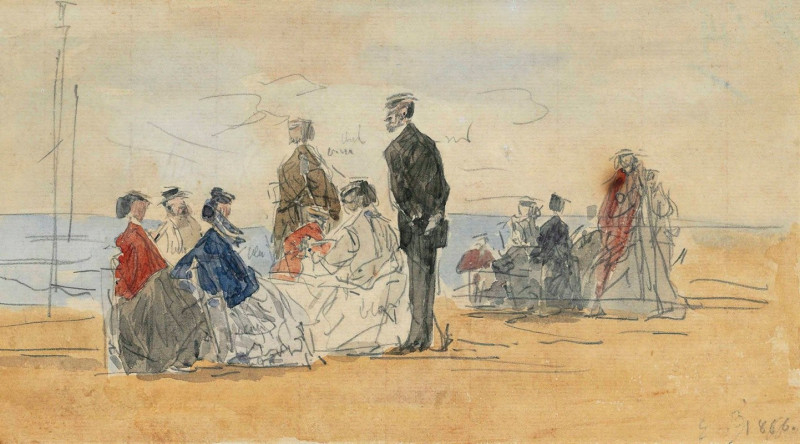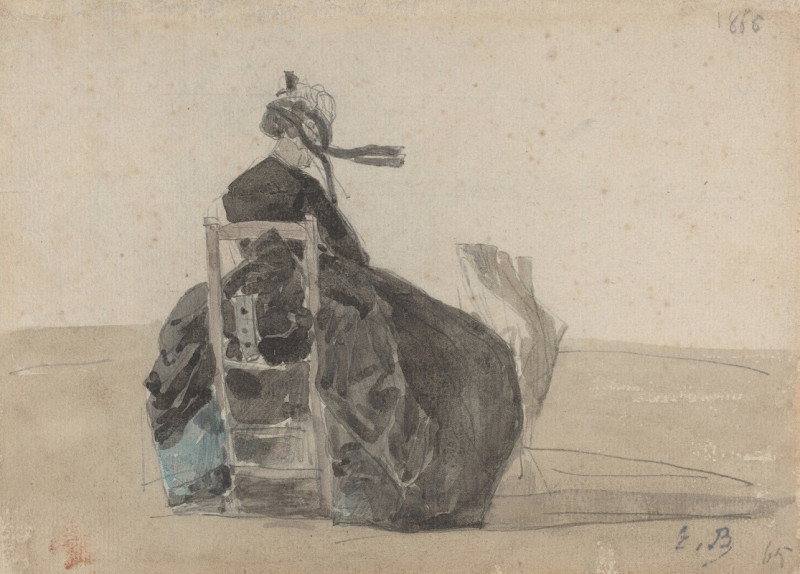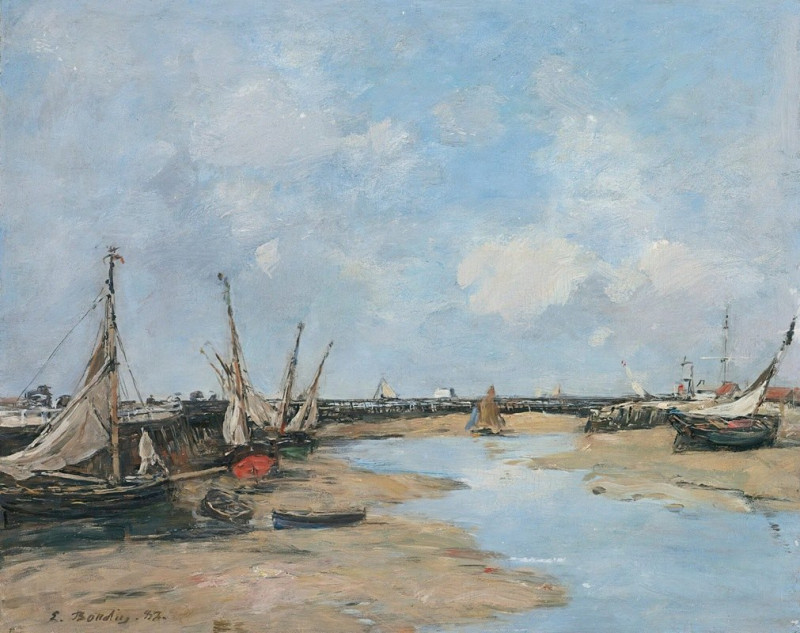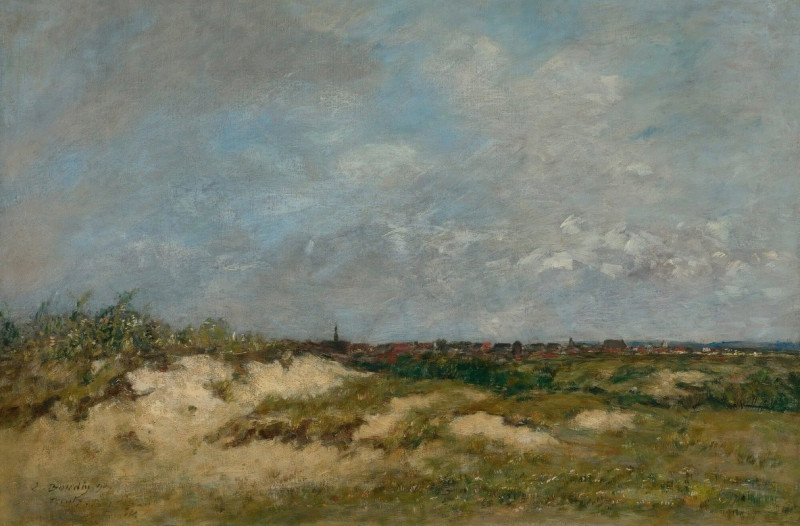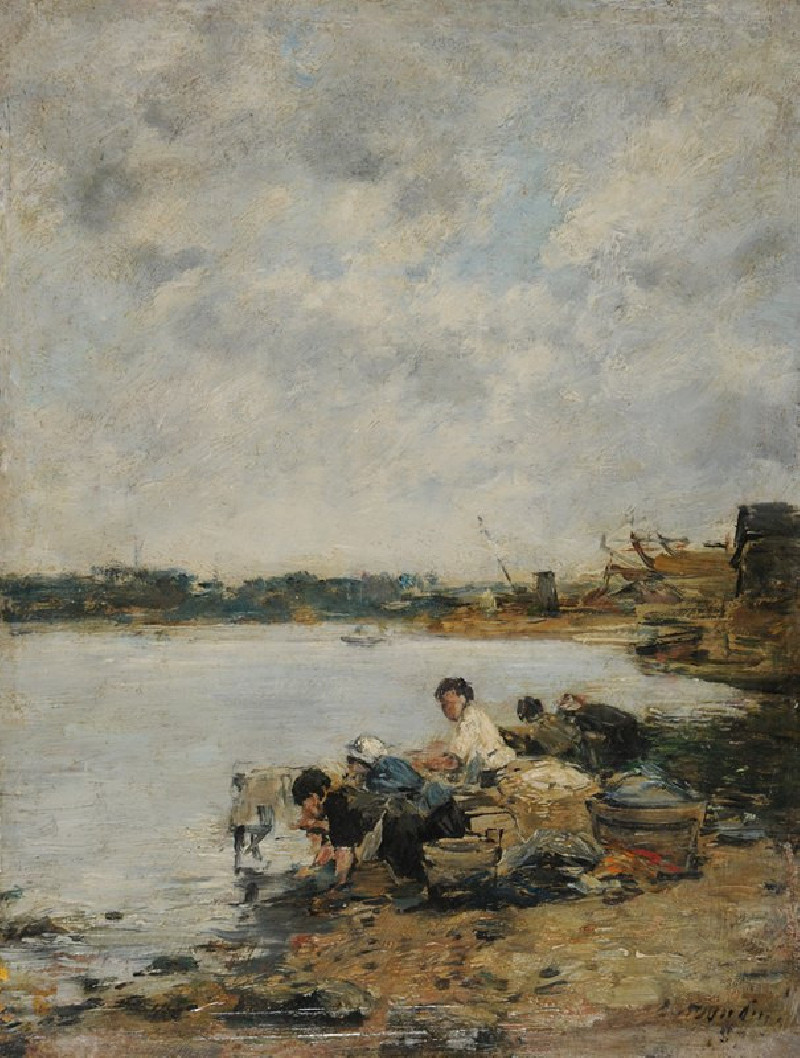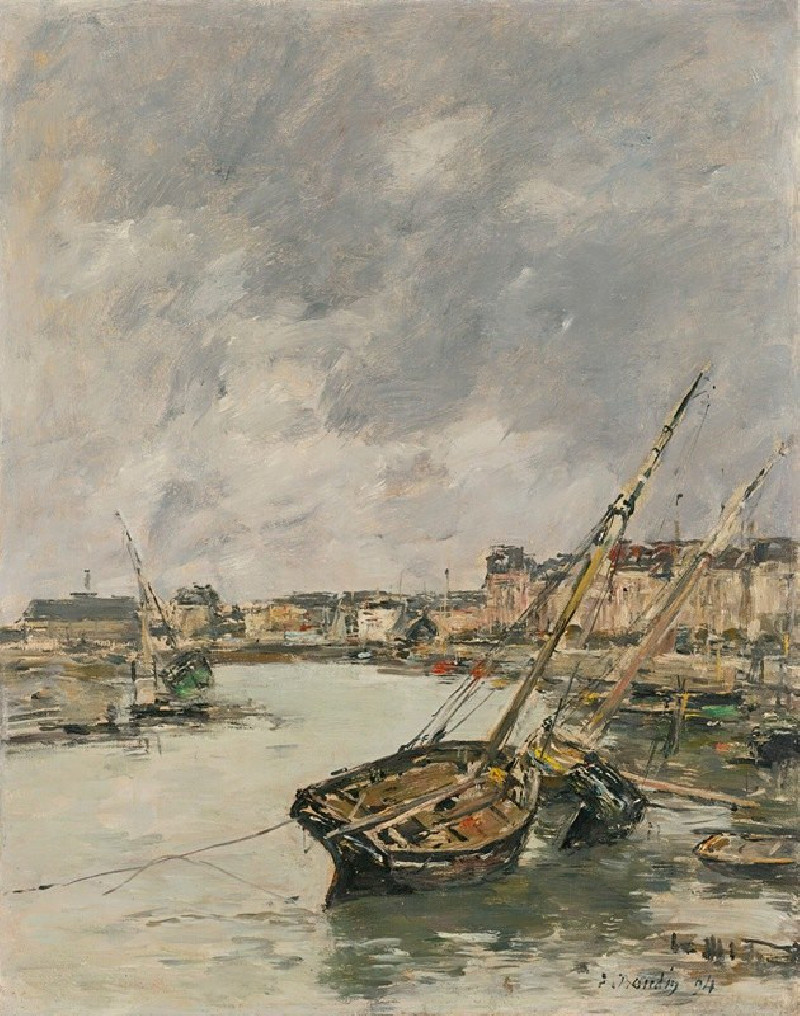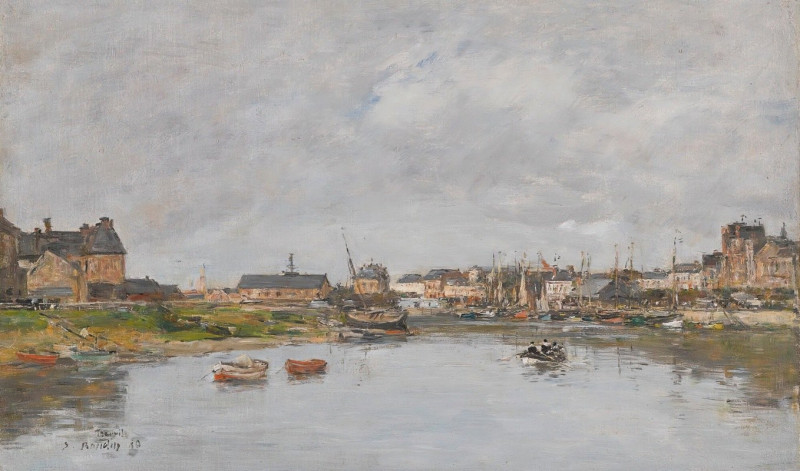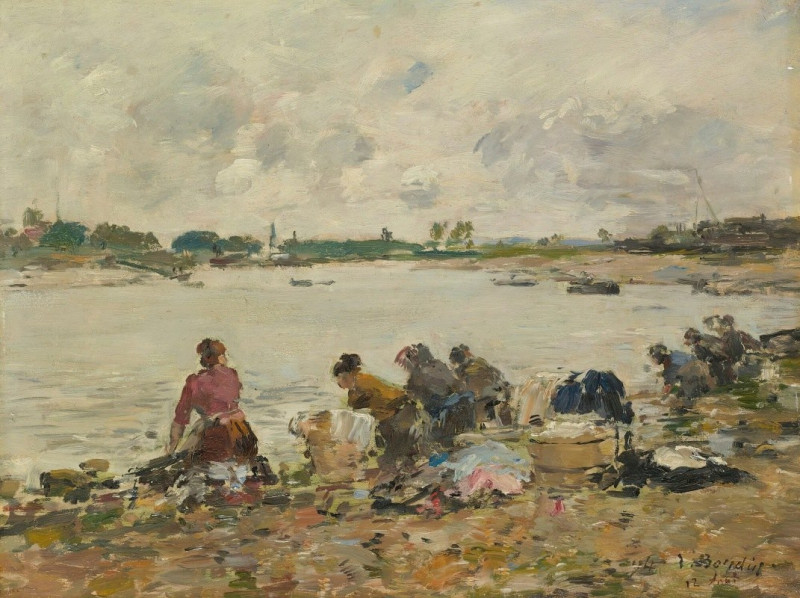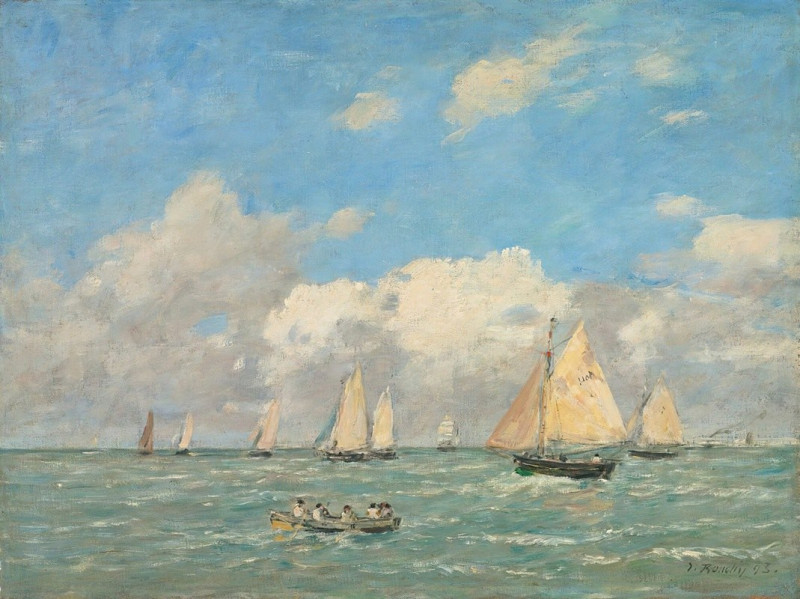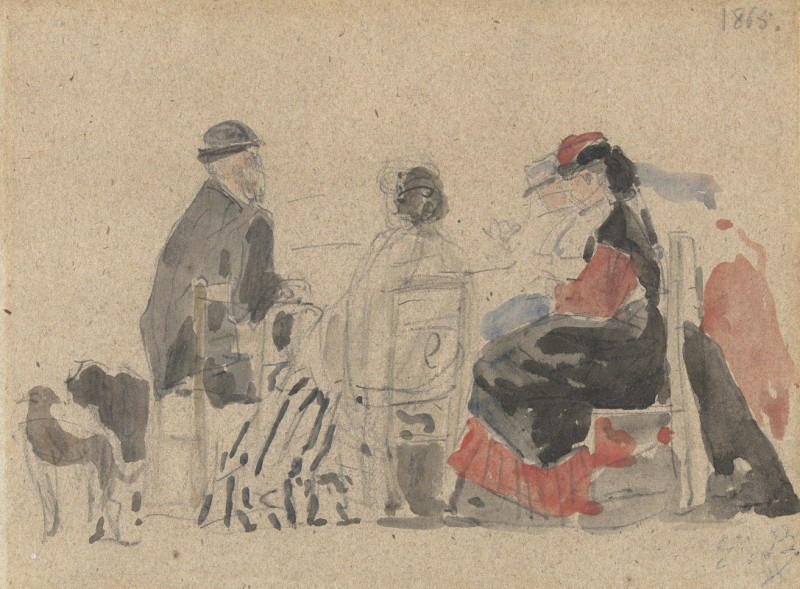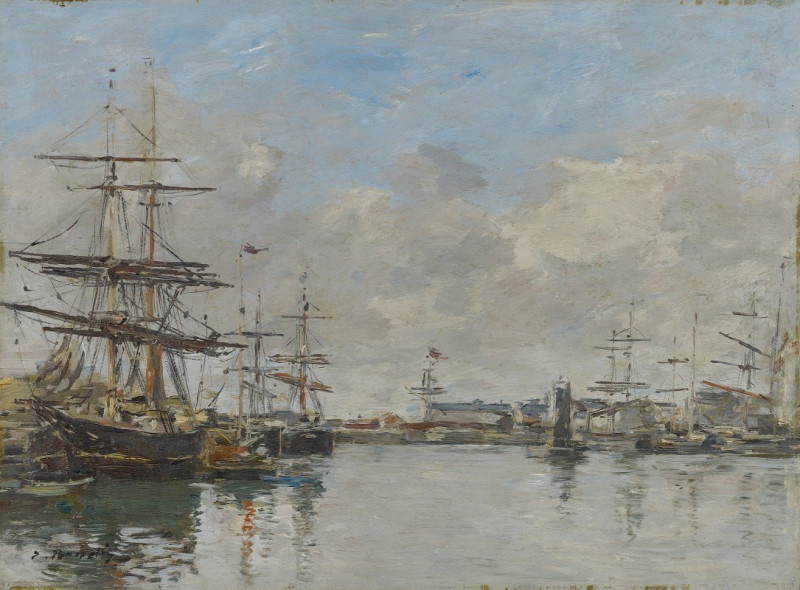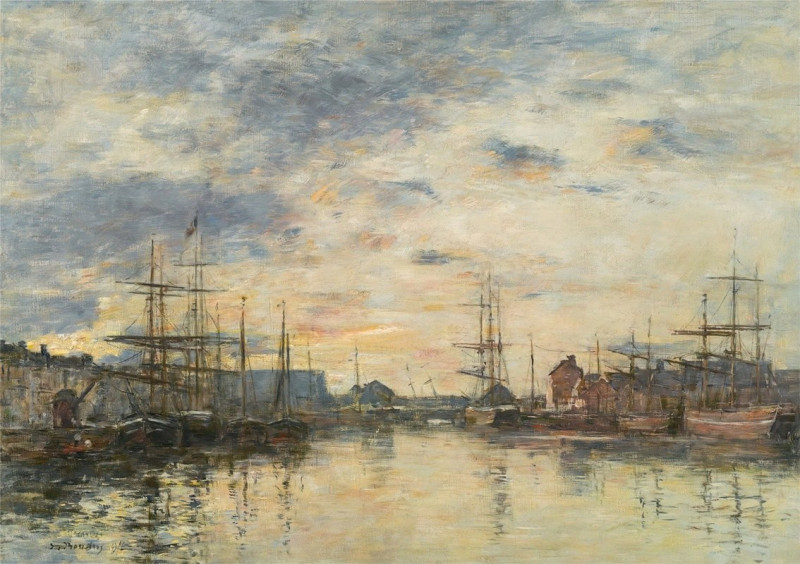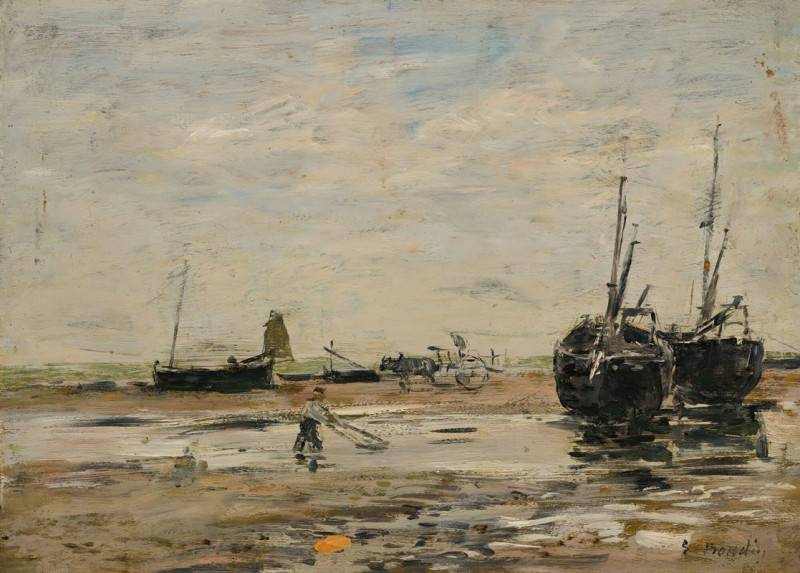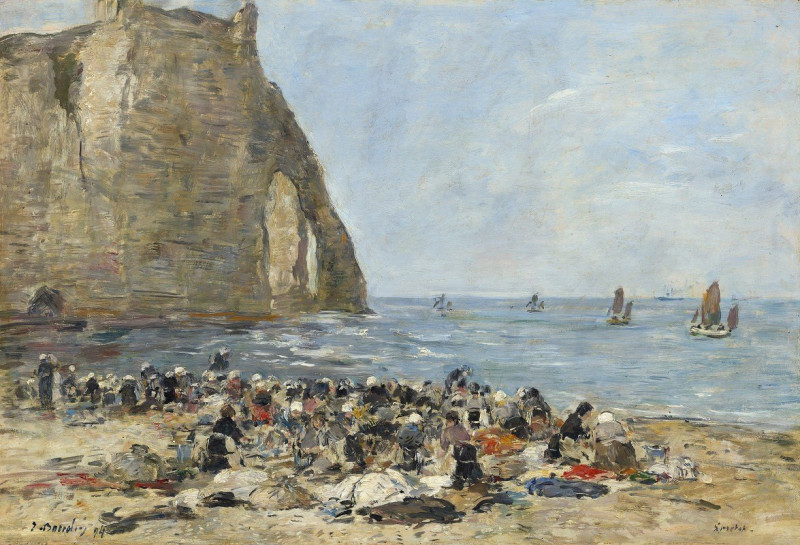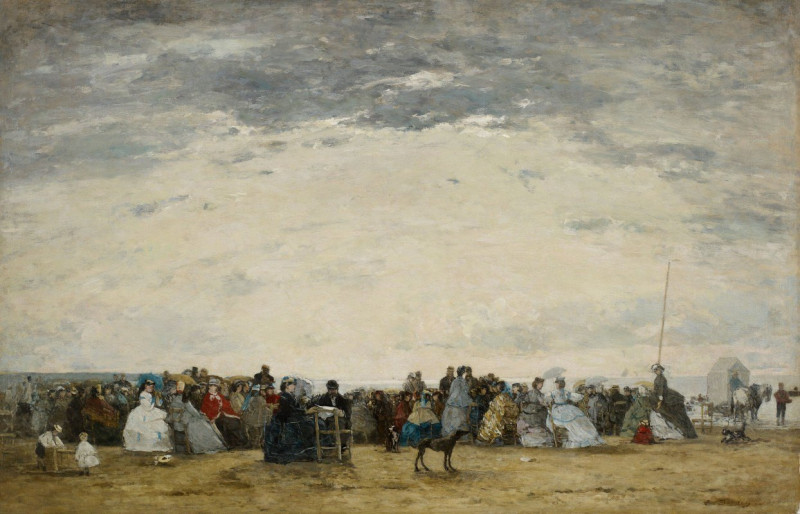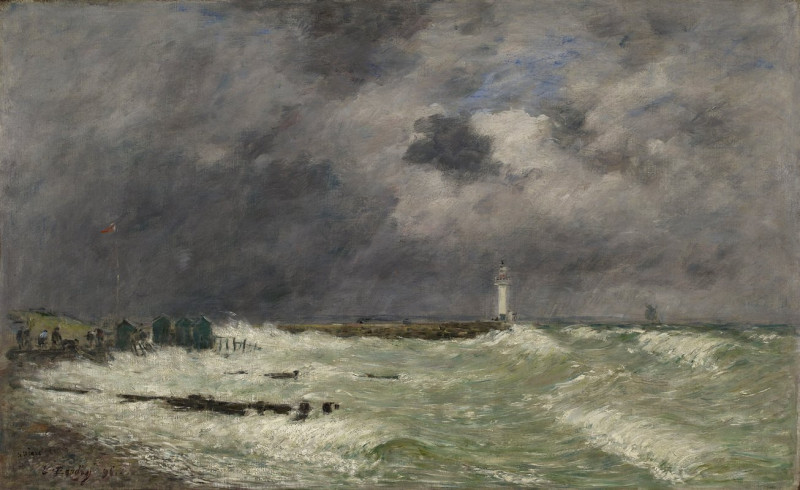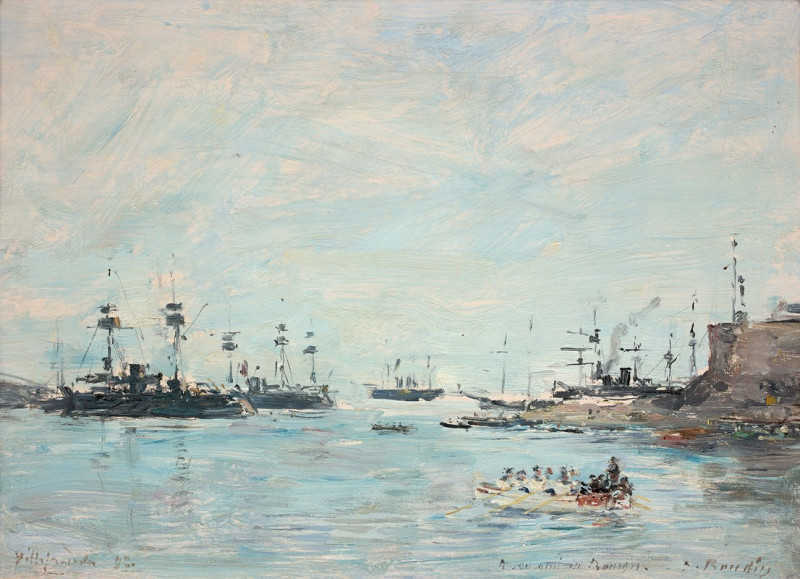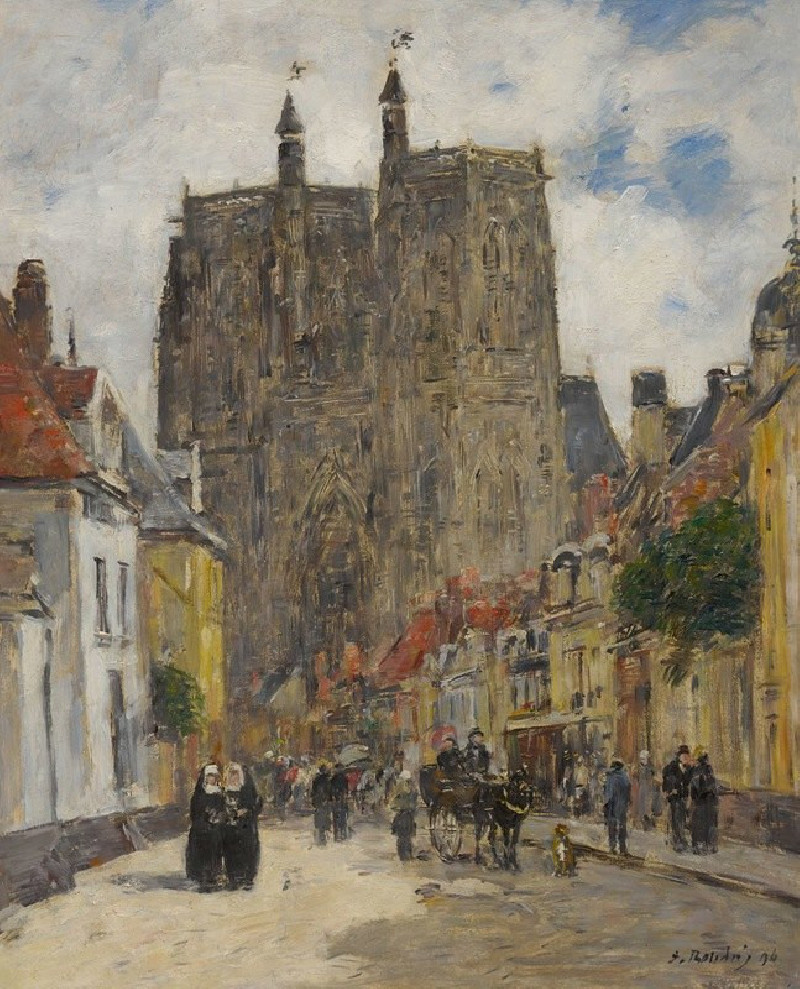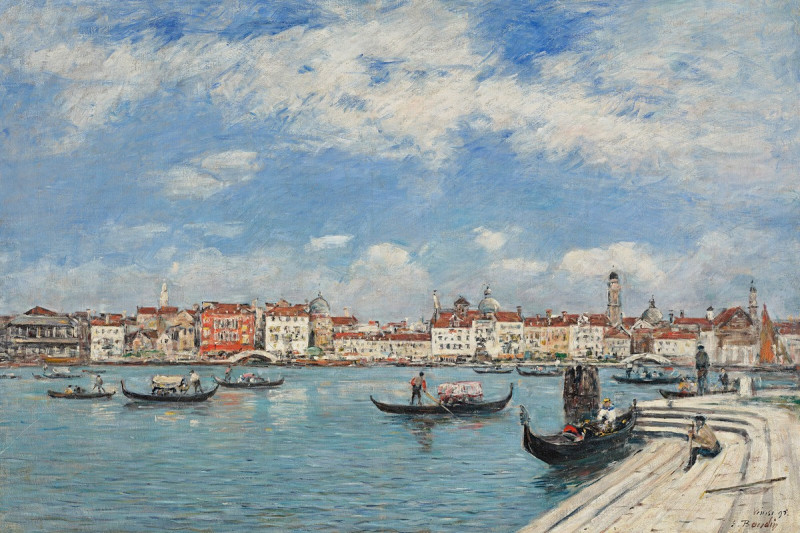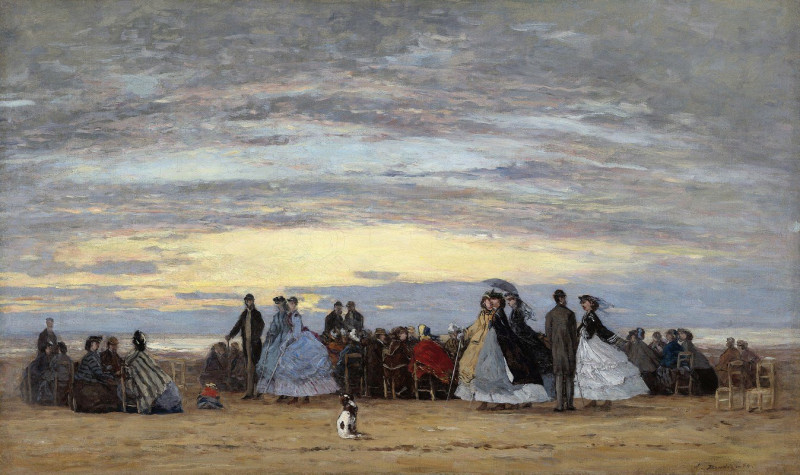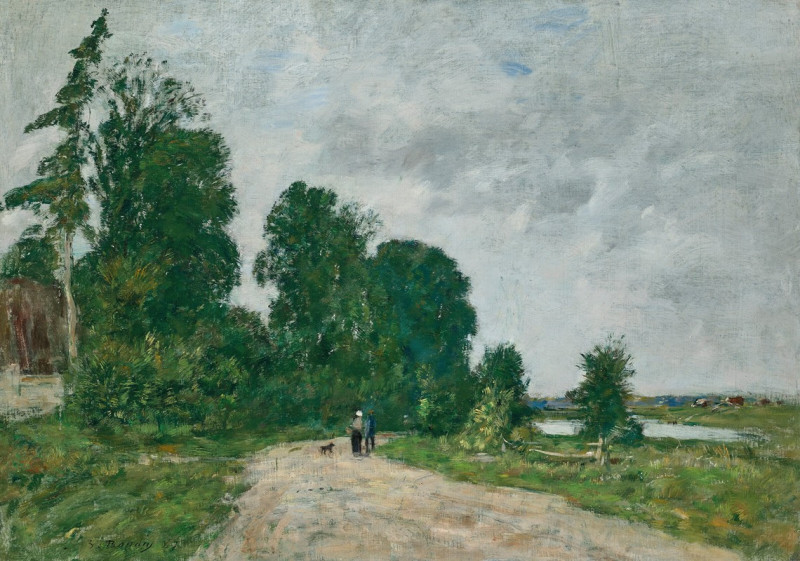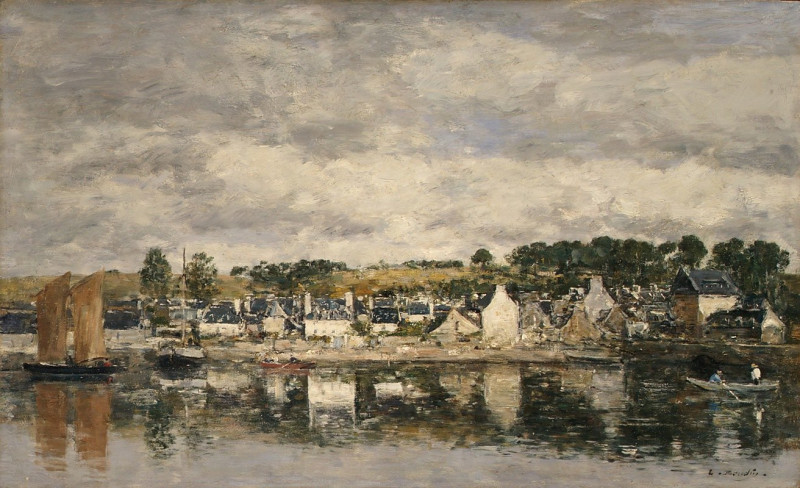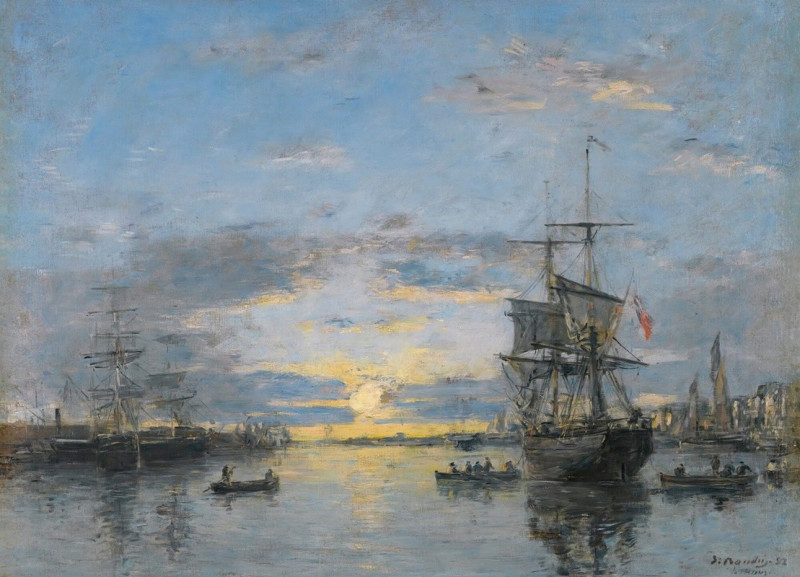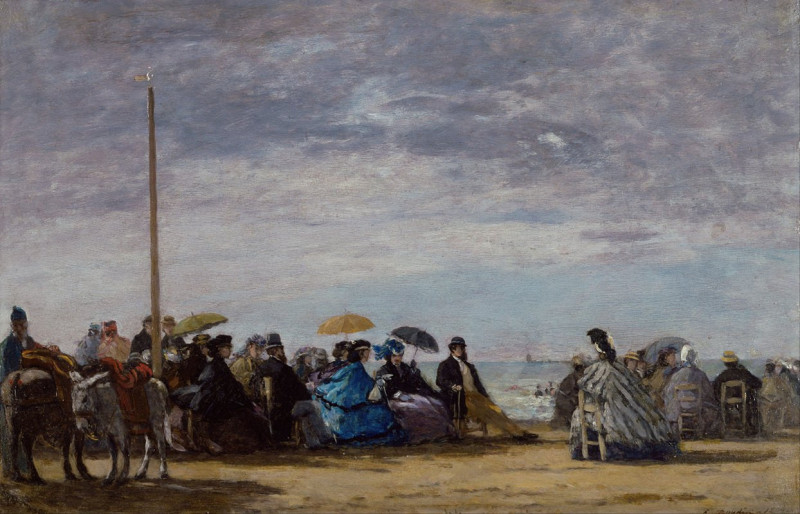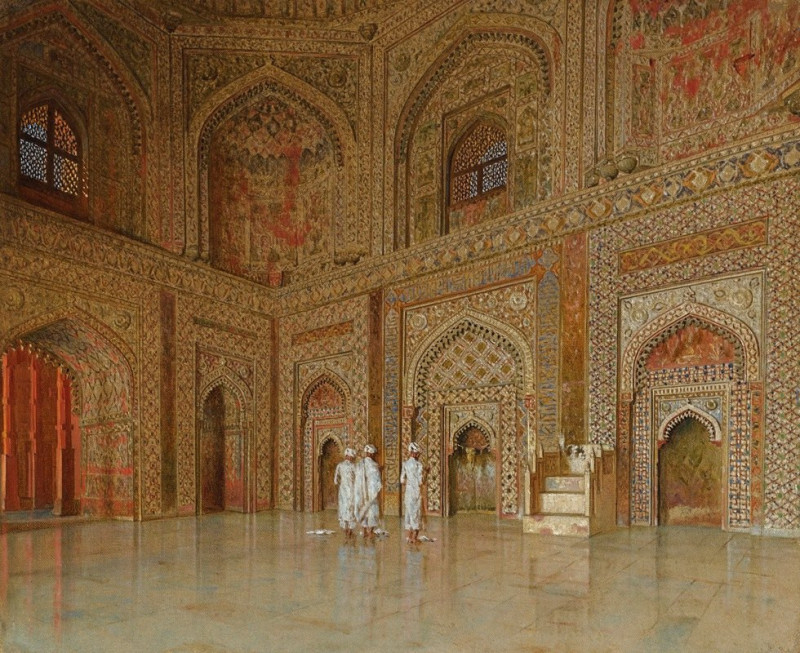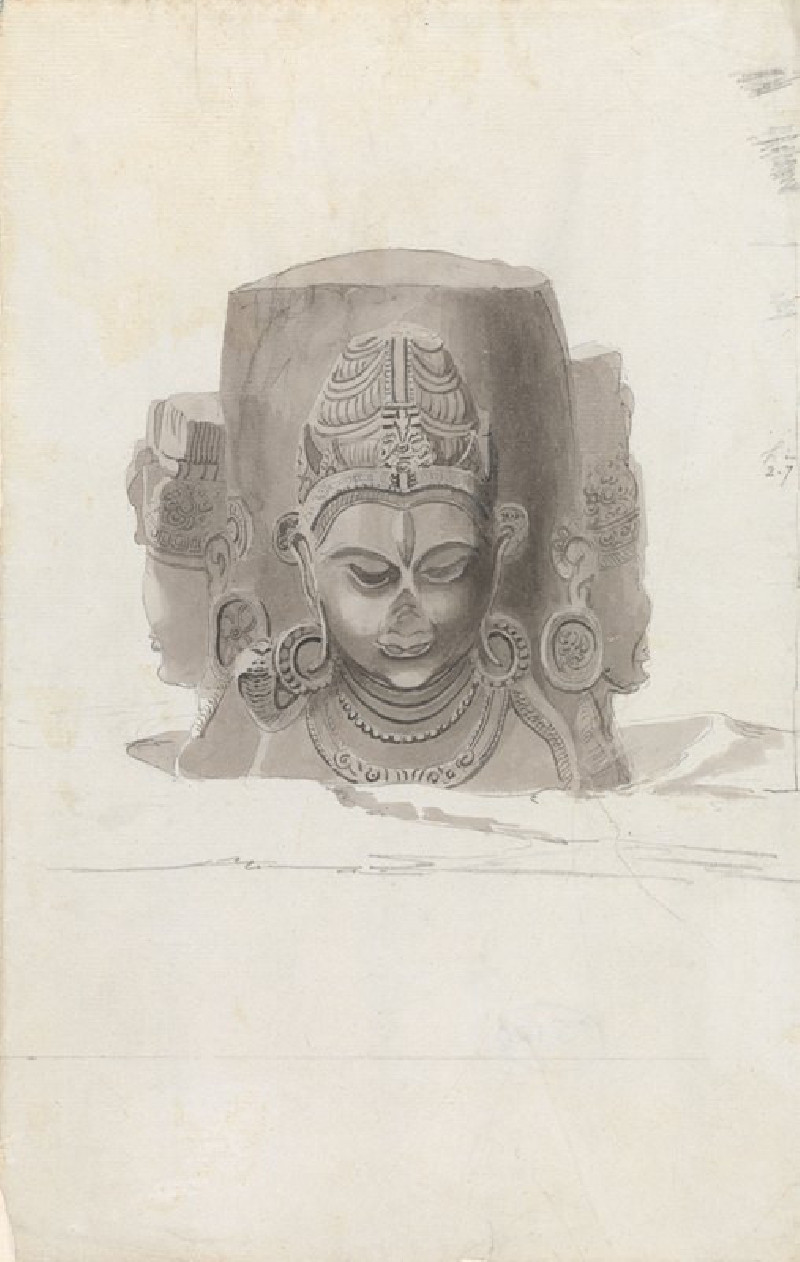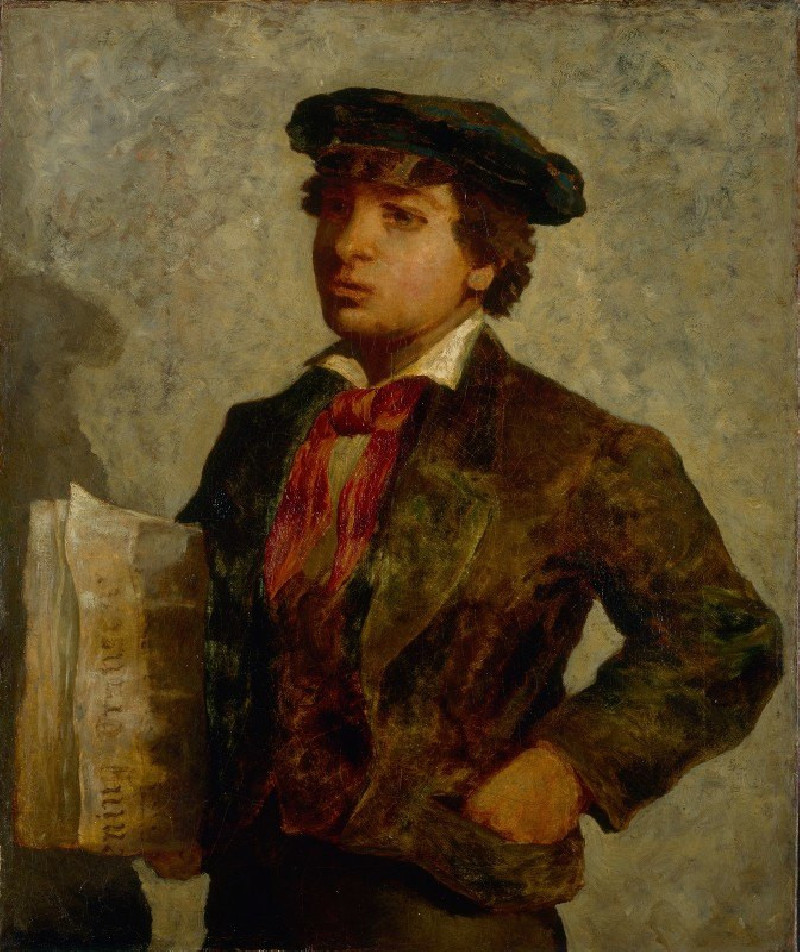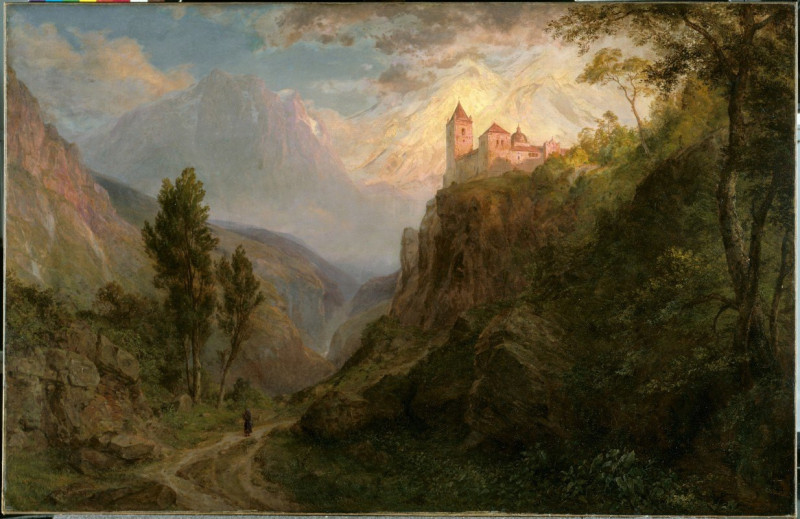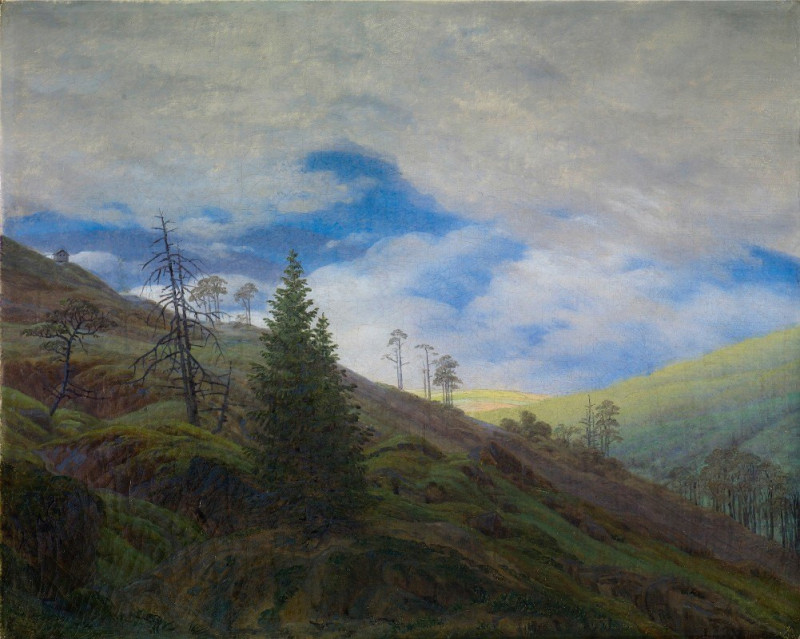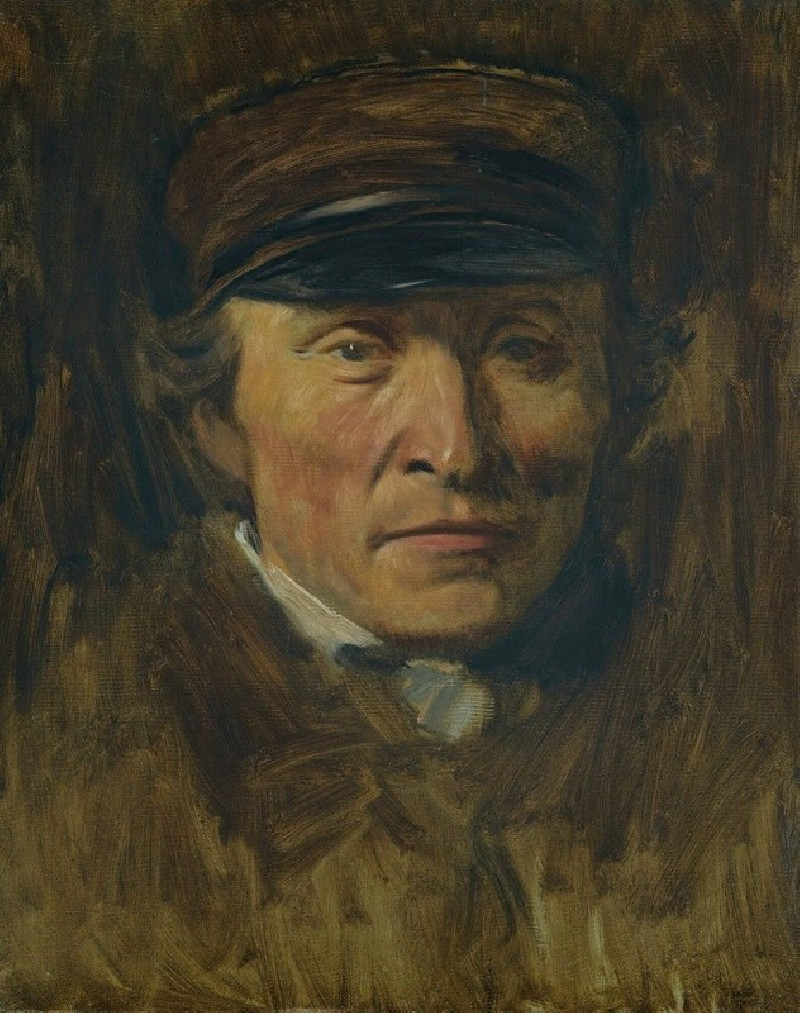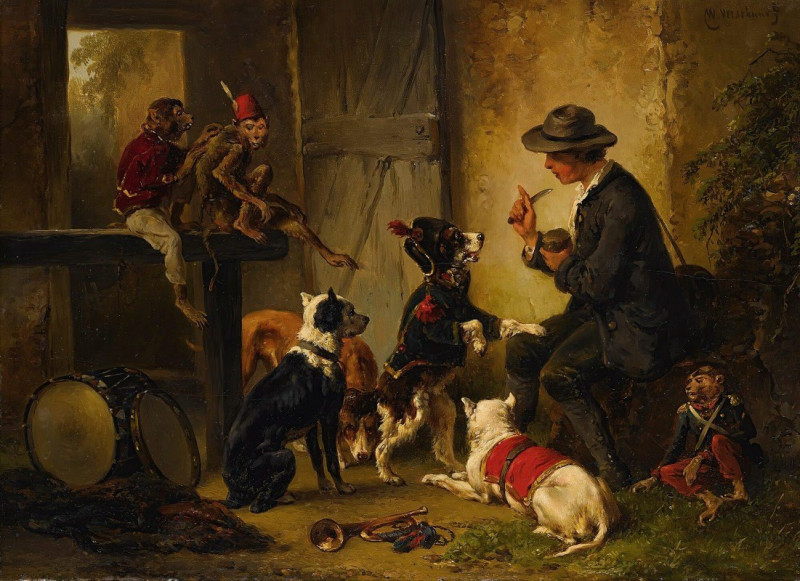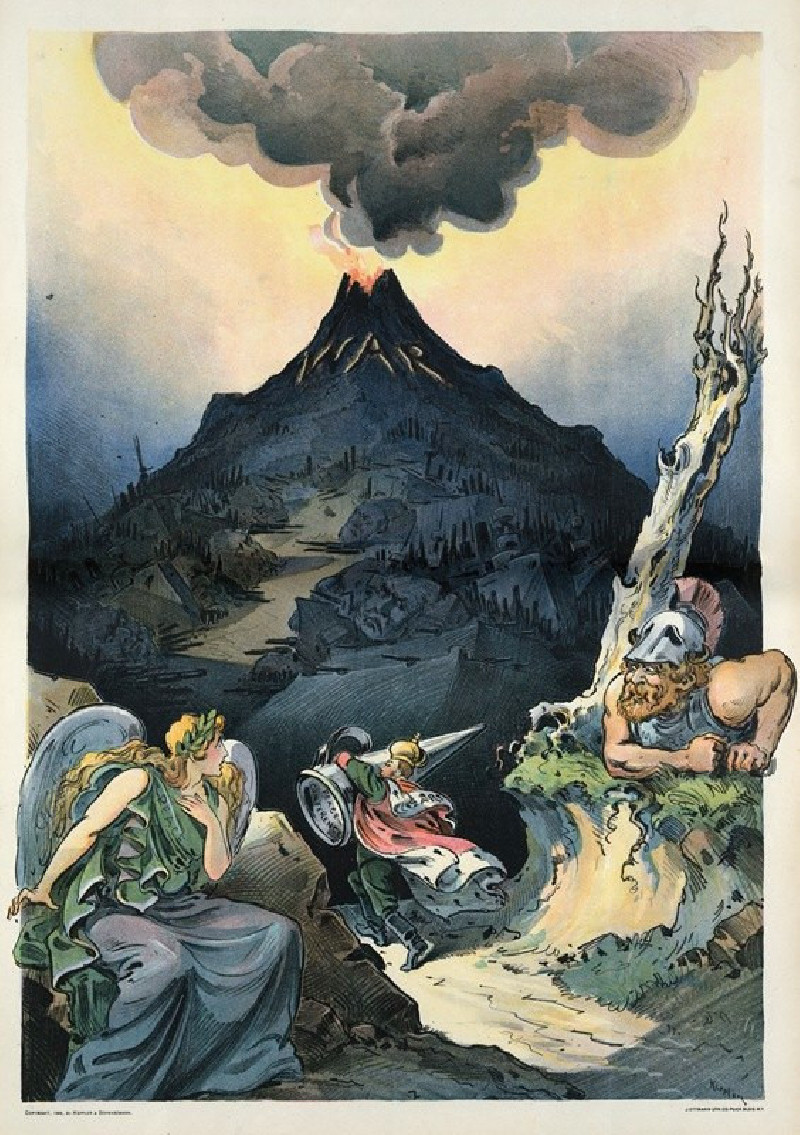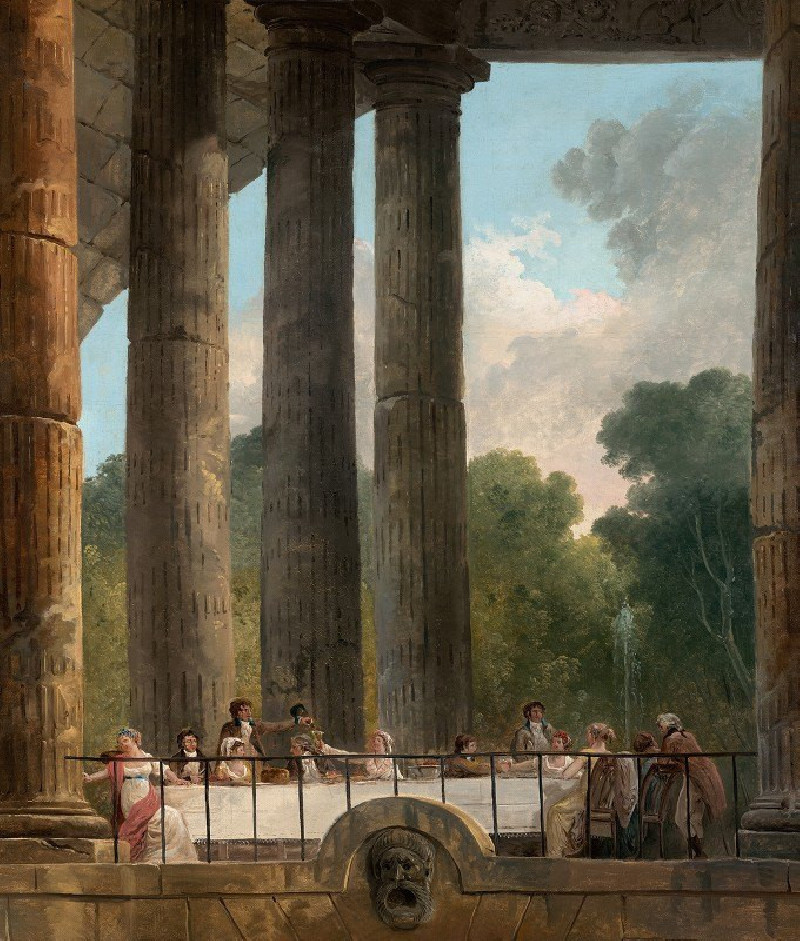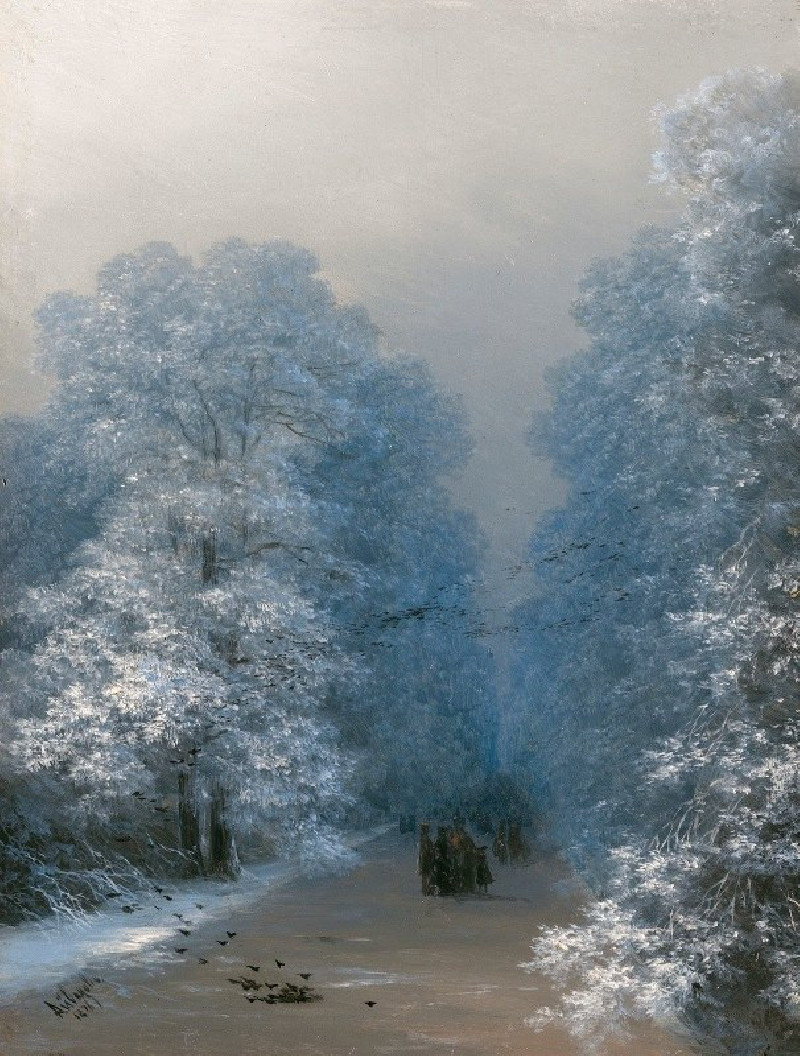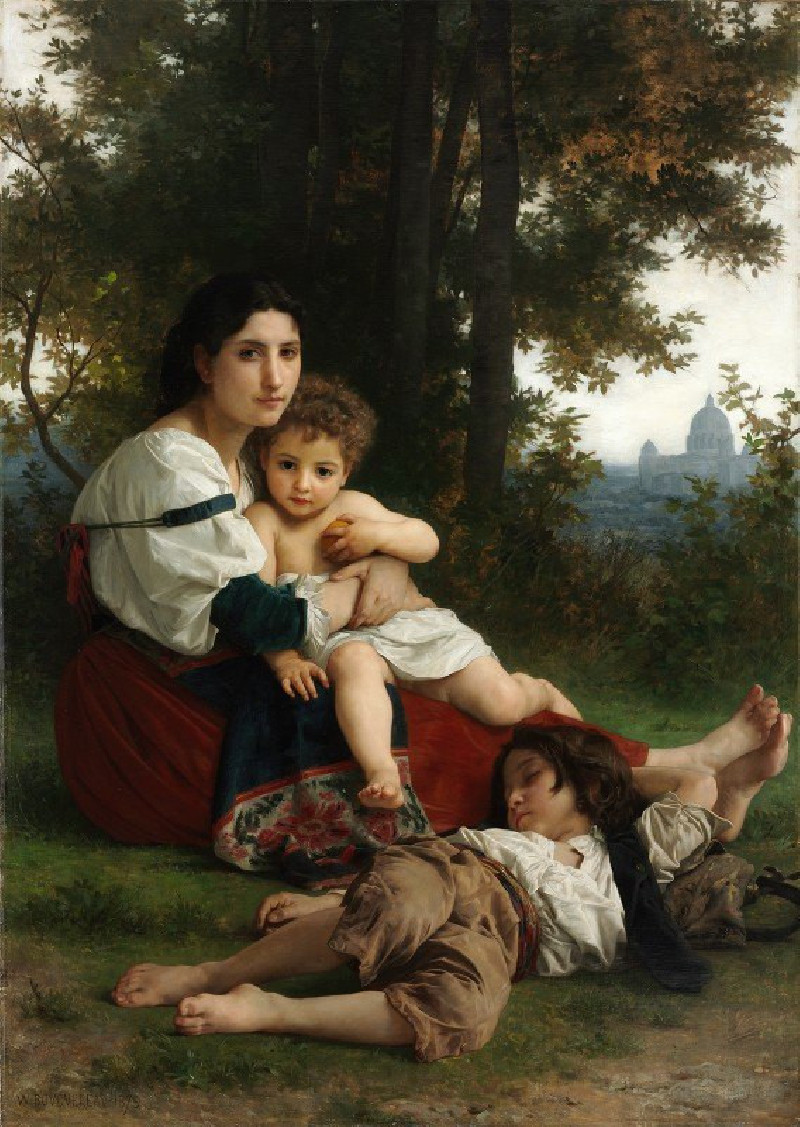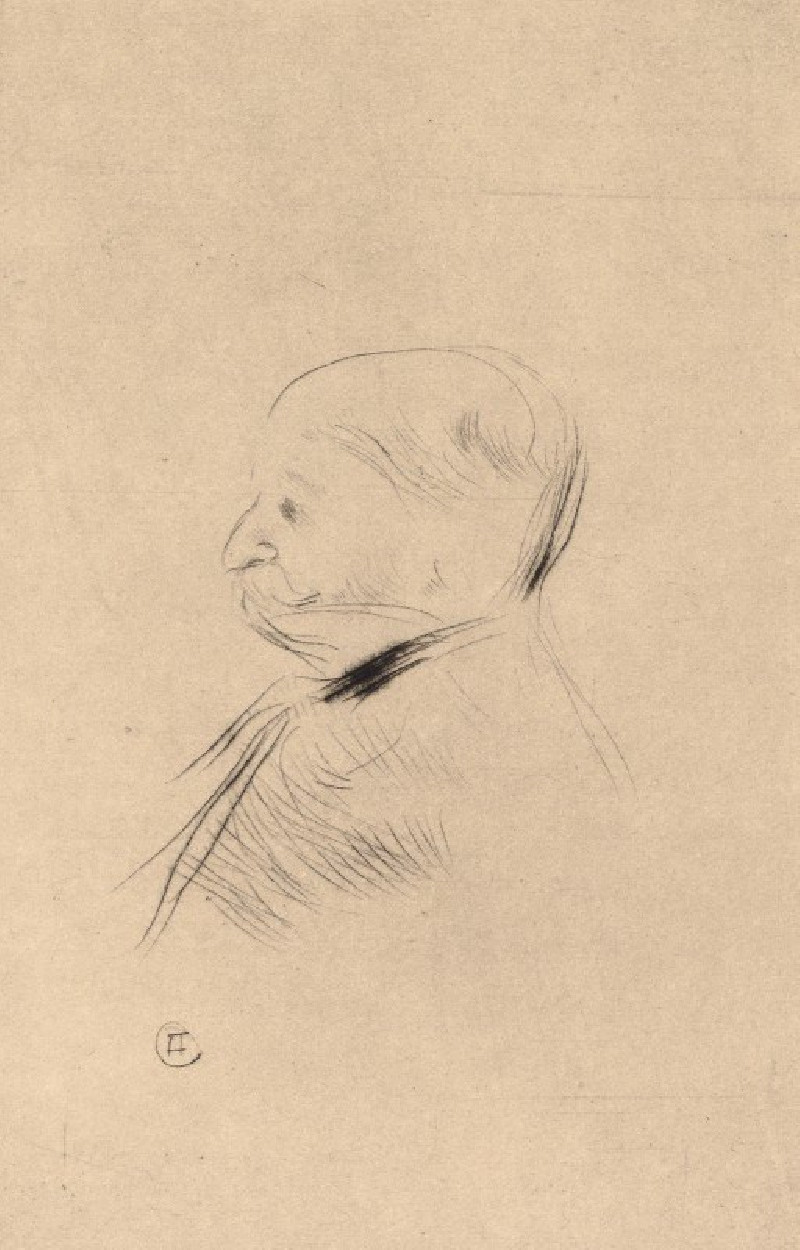Port de Rotterdam (1875)
Technique: Giclée quality print
Recommended by our customers
More about this artwork
Immerse yourself in the bustling harbor atmosphere with Eugène Boudin’s painting "Port de Rotterdam," a masterpiece from 1875 that captures the essence of maritime life in the 19th century. Known for his exquisite marine landscapes, Boudin brings to life the vibrant port city with his unique blend of light and movement.In "Port de Rotterdam," Boudin expertly employs a mix of sketchy yet detailed brushwork to delineate the busy port scene. The canvas features a dynamic view of the harbor, bustling with activity. Boats of various sizes occupy the foreground; some moored and some possibly in the process of docking, their sails fluttering lightly in the breeze. Delicate washes of color suggest reflections on the water’s surface, adding depth and motion to the scene.The background is composed of densely packed buildings and multiple ship masts that rise into the sky, suggesting the crowded, thriving port environment. The overall use of muted blues and earth tones is interrupted by stark whites and deeper shadows, creating a realistic depiction of a cloudy day, where sunlight and shadow interplay whimsically.Boudin's fascination with atmospheric conditions shines through, as the sky takes up a significant portion of the composition, its cloudy expanse suggesting an imminent change in weather. This not only captures a specific moment in time at the Rotterdam port but also evokes the transient, ever-changing nature of life at sea.This painting is not just a visual treat; it is a historical document that offers a glimpse into the maritime economy of late 19th-century Europe, highlighting the integral role of ports like Rotterdam in global commerce.
Delivery
Returns
Eugène Louis Boudin (12 July 1824 – 8 August 1898) was one of the first French landscape painters to paint outdoors. Boudin was a marine painter, and expert in the rendering of all that goes upon the sea and along its shores. His pastels, summary and economic, garnered the splendid eulogy of Baudelaire; and Corot called him the "King of the skies".

